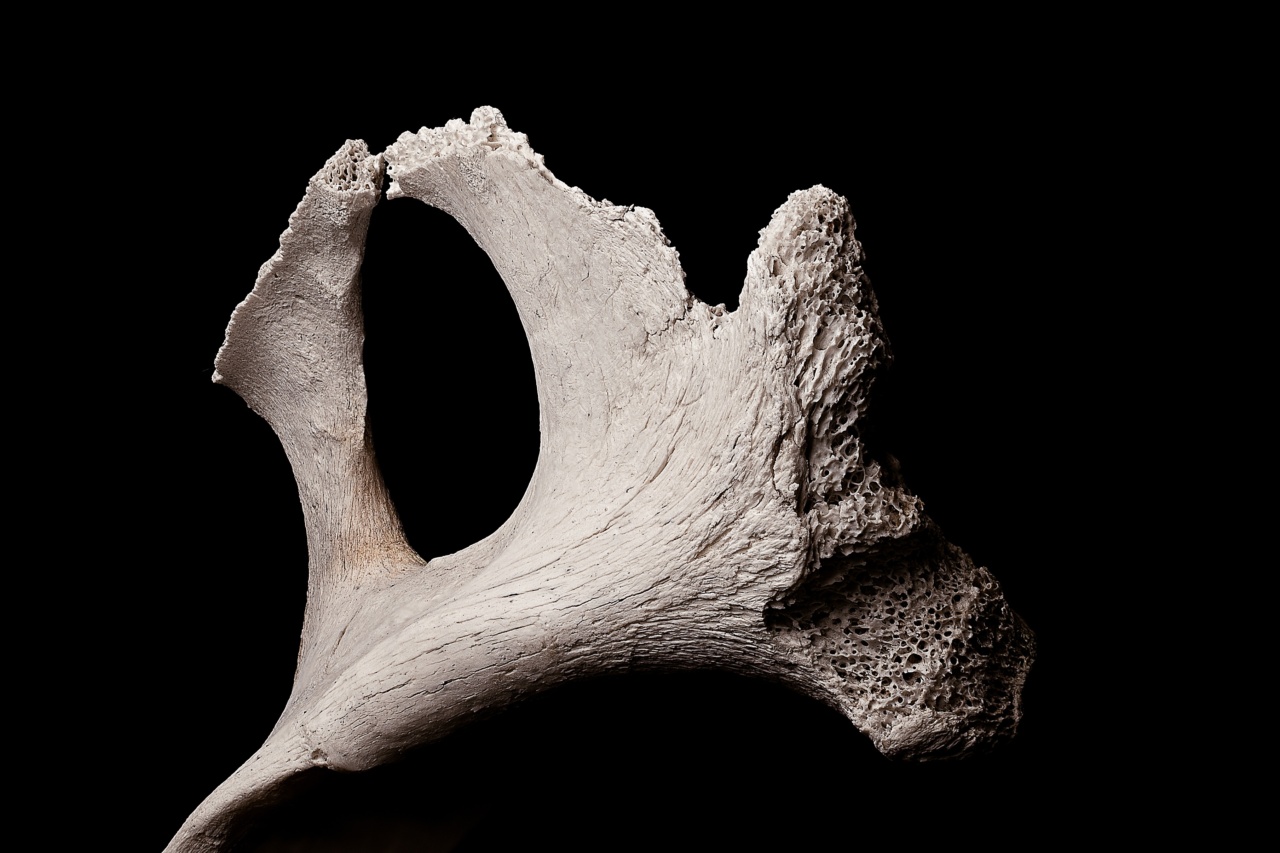Recent research reveals that 20% of patients who experience cardiac arrests had death experiences.
The study conducted by scientists has shown that a significant number of individuals who have survived after cardiac arrest have experienced some level of consciousness during the event.
What is cardiac arrest?
Cardiac arrest is sometimes referred to as sudden cardiac arrest, and it is a serious medical emergency that occurs when the heart suddenly stops beating, leading to an abrupt loss of circulation.
When the heart stops pumping, it deprives the brain and other organs of oxygenated blood, which can lead to serious and potentially fatal complications within a few minutes.
Data collection and study methodology
The research conducted by scientists on death experiences of cardiac arrest survivors was published in the European journal Resuscitation.
The study involved 2,060 cardiac arrest survivors from 15 hospitals in the United Kingdom, the United States, and Austria. The aim was to examine patients’ experiences and the quality of consciousness during the event.
Participants were asked a series of structured questions about their cardiac arrest experience, including perceptions of awareness and any memories they had, such as out-of-body experiences or communication with deceased loved ones.
Researchers used the survey to identify a perceptive trend among cardiac arrest survivors who reported consciousness during resuscitation.
Results of the research
The research found that 20% of cardiac arrest survivors reported having some level of consciousness and memory recall during the period when their heart had stopped.
More than two-thirds of participants who reported some level of consciousness experienced positive emotions, such as peacefulness or euphoria, while only a few reported negative emotions, such as fear.
Furthermore, researchers found that individuals who reported some level of consciousness during cardiac arrests were more likely to be younger, female, and to have had cardiac arrest outside of a hospital setting.
The study also found that the timing of the cardiac arrest event did not affect the level of consciousness experienced by the patients.
Implications of the study
The results of this study are important for medical professionals, patients, and their families.
It helps to increase awareness and knowledge about what happens during cardiac arrest events, the chances of survival, and the level of consciousness experienced during the period when the heart has stopped working. The research results may also help medical professionals to improve the quality of care provided to cardiac arrest survivors.
Medical professionals can use this information to counsel patients and families about the possibility of consciousness during the event.
They can also use the results to develop targeted interventions that can help to alleviate negative emotions and enhance positive experiences for cardiac arrest survivors.
Conclusion
The research conducted by scientists has revealed that 20% of individuals who experience cardiac arrest have death experiences.
It provides valuable insights into the quality of consciousness experienced during cardiac arrests and can help medical professionals to improve the care provided to cardiac arrest survivors and their families.





























